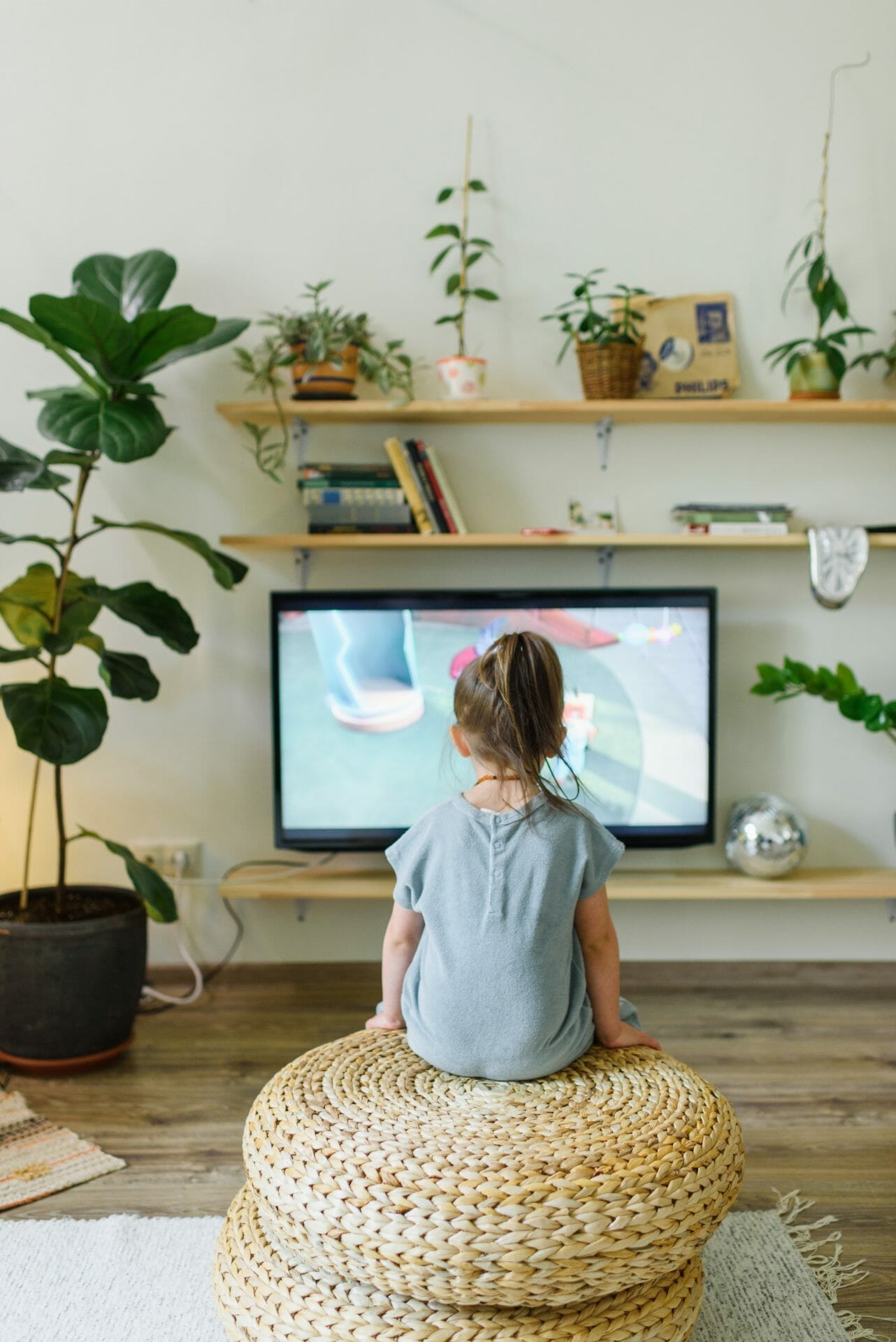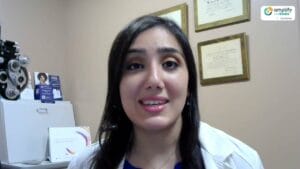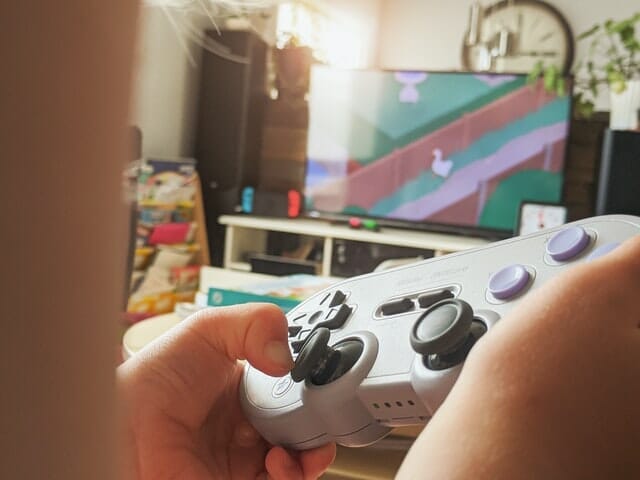Myopia usually appears in childhood and as a child grows, especially during their critical growth period, their myopia can get worse with age. Typically once a person reaches 18 years old, or after college when they are done with prolonged near work, the myopia tends to stabilize. However, to prevent myopia from reaching high levels, which can then lead to various sight threatening ocular diseases, it’s important to try to slow down the progression of myopia. Therefore, talk to your eye doctor today about various myopia management treatment options to help slow down the progression of your myopia.














